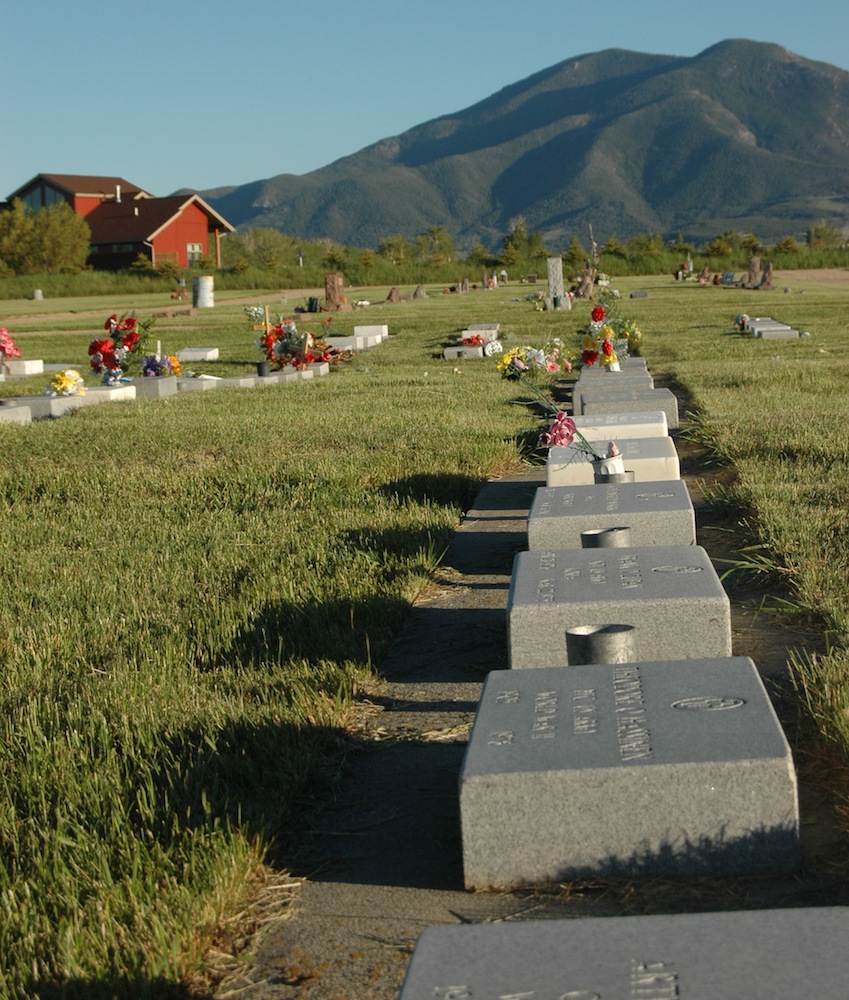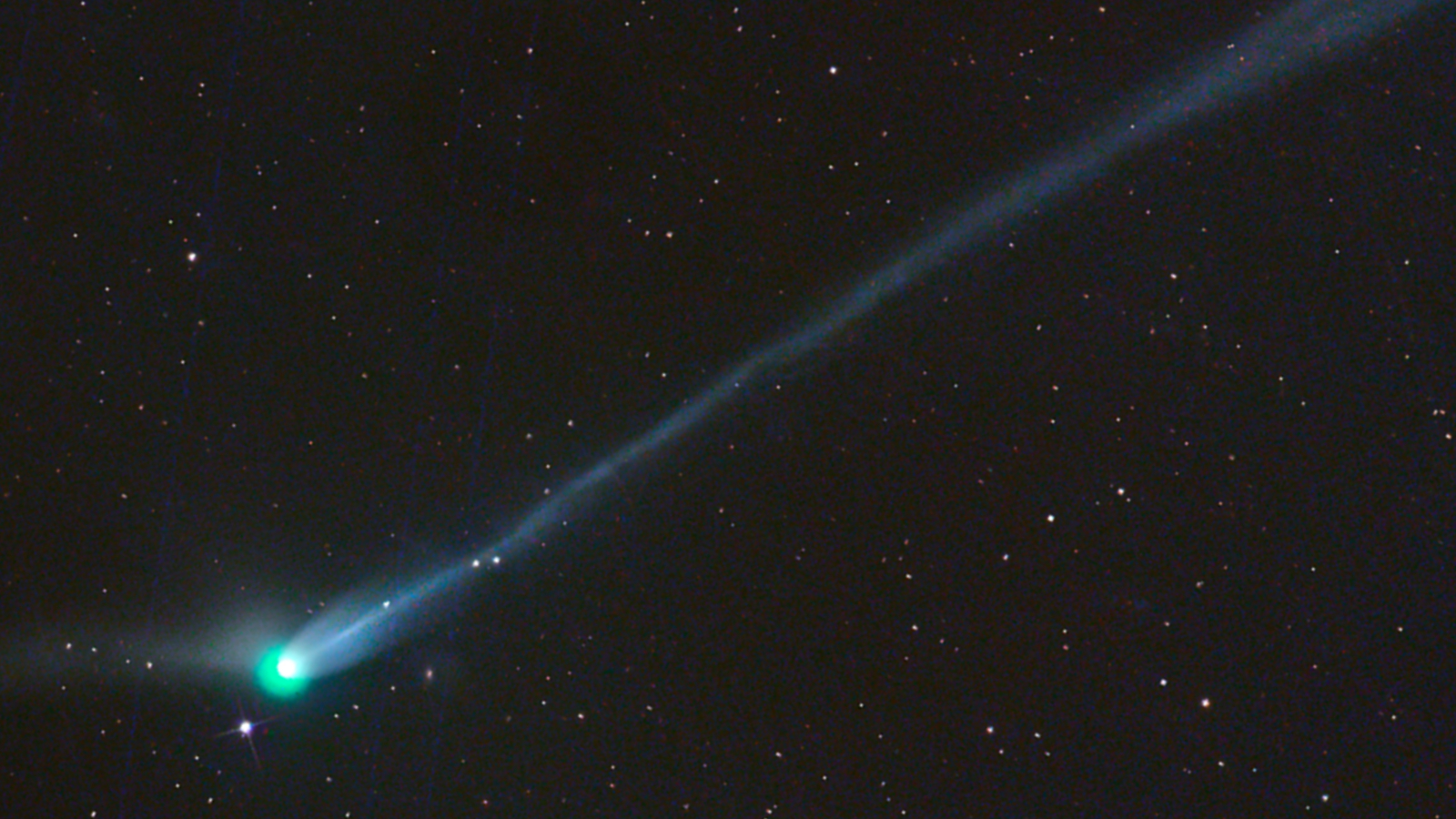Why Do We Die?

Get the world’s most fascinating discoveries delivered straight to your inbox.
You are now subscribed
Your newsletter sign-up was successful
Want to add more newsletters?

Delivered Daily
Daily Newsletter
Sign up for the latest discoveries, groundbreaking research and fascinating breakthroughs that impact you and the wider world direct to your inbox.

Once a week
Life's Little Mysteries
Feed your curiosity with an exclusive mystery every week, solved with science and delivered direct to your inbox before it's seen anywhere else.

Once a week
How It Works
Sign up to our free science & technology newsletter for your weekly fix of fascinating articles, quick quizzes, amazing images, and more

Delivered daily
Space.com Newsletter
Breaking space news, the latest updates on rocket launches, skywatching events and more!

Once a month
Watch This Space
Sign up to our monthly entertainment newsletter to keep up with all our coverage of the latest sci-fi and space movies, tv shows, games and books.

Once a week
Night Sky This Week
Discover this week's must-see night sky events, moon phases, and stunning astrophotos. Sign up for our skywatching newsletter and explore the universe with us!
Join the club
Get full access to premium articles, exclusive features and a growing list of member rewards.
We die naturally because our cells die.
After they’ve done their job, billions of cells in your body die each day and make way for new cells.
Old cells age us. Inside a cell, telomeres at the end of each chromosome contain genetic information that gets clipped away with each cell division. At first, telomeres are long enough that they can handle a snip here and a trim there. But after they hit a certain length, the information is lost.
Related: What exactly does it mean to die from 'natural causes'?
When programmed cell death goes haywire, it can lead to diseases such as cancer and Alzheimer's disease.
Damage from exposure to ultraviolet light and free radicals also age cells.
But don’t despair. Scientists have extended the lives of flies, worms and mice through genetic tinkering or technology that mimics the effects of caloric restriction. Some research suggests humans could one day live to 140 years of age.
Get the world’s most fascinating discoveries delivered straight to your inbox.
Follow Life's Little Mysteries on Twitter @llmysteries. We're also on Facebook & Google+.
 Live Science Plus
Live Science Plus











